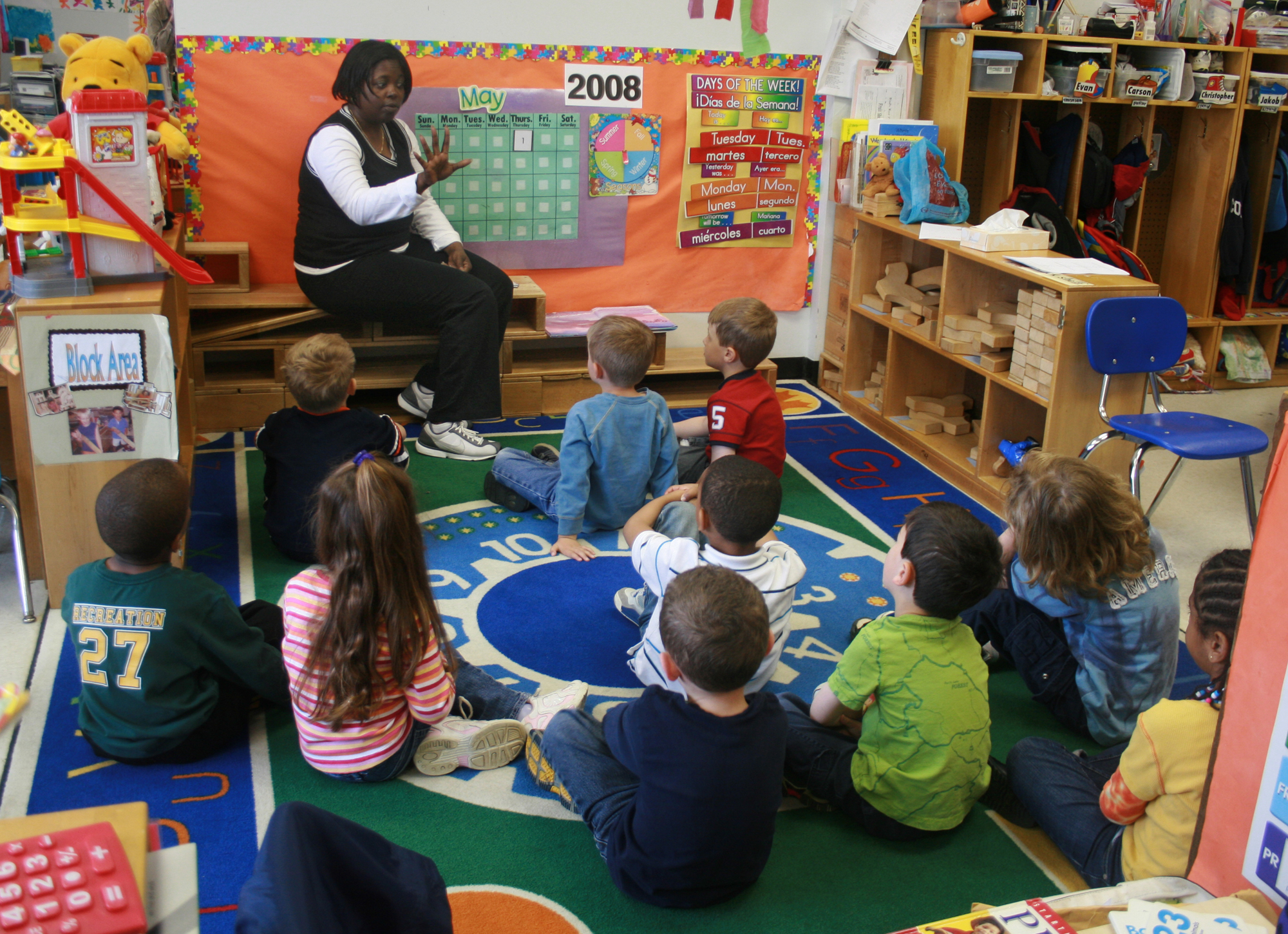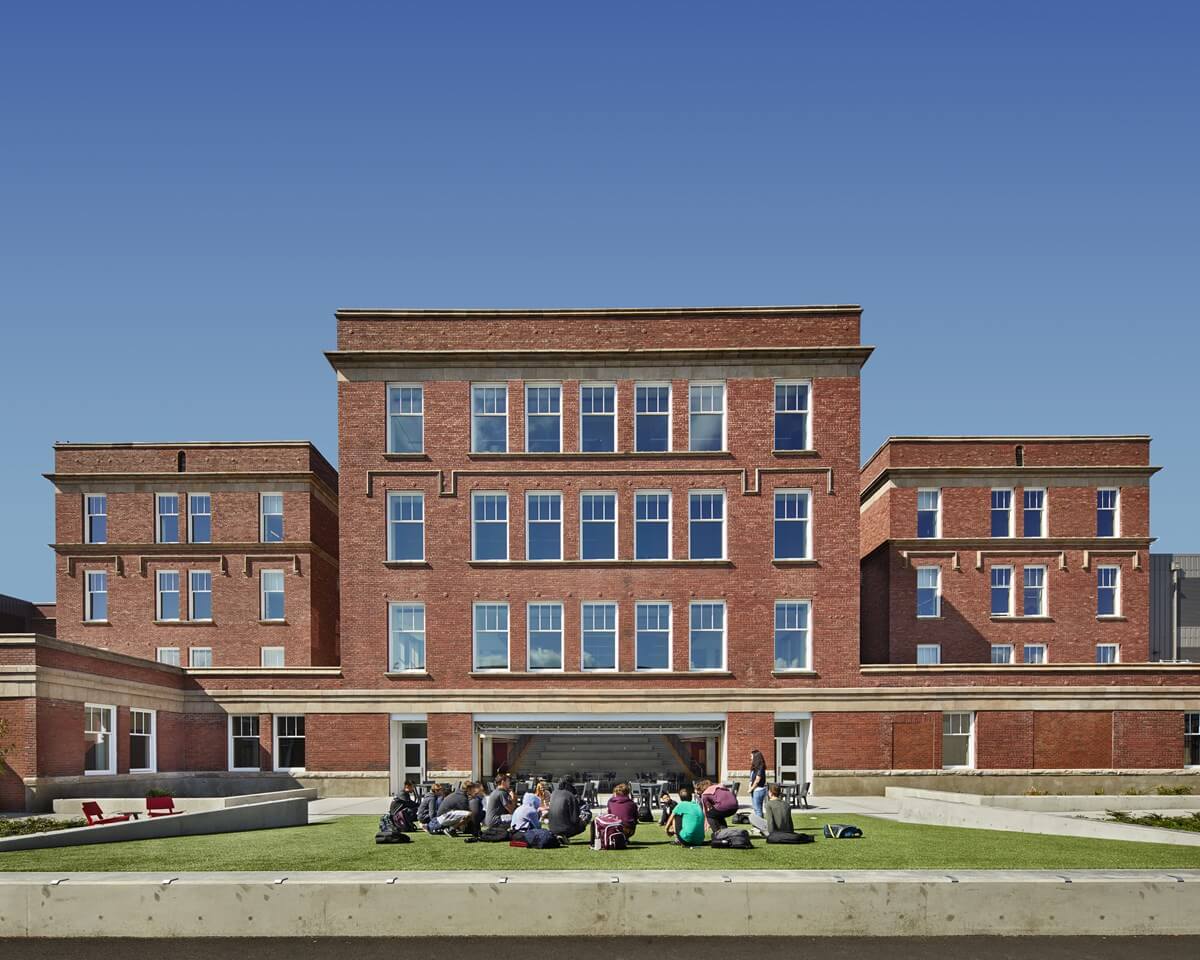Join the Movement to Save Temecula Schools: Community Action Needed!
Wiki Article
Necessary Standards to Take Into Consideration When Evaluating Potential Institutions for Enrollment
When considering colleges for registration, evaluating crucial requirements ends up being vital to making sure a helpful understanding atmosphere. Secret variables such as the positioning of academic programs with pupils' desires, the qualifications of professors participants, and the influence of course dimensions on customized attention are important. The presence of robust sources and centers, along with a varied array of extracurricular tasks, can dramatically boost academic experiences. Additionally, the school's culture need to advertise respect and inclusivity to foster an encouraging area. Each of these aspects plays an important function, but just how do they adjoin to form the excellent instructional setup?Academic Programs
When examining potential schools for registration, taking into consideration the breadth and depth of their scholastic programs is paramount. Top notch academic programs not only identify the instructional value a pupil will certainly receive however additionally affect future chances and occupation courses. Prospective students and their family members should look at the educational program to guarantee it lines up with the pupil's academic rate of interests and job goals.
Certification is a critical element, as it represents that the institution meets well established criteria of top quality. Furthermore, the variety obviously offerings, including advanced placement (AP) or International Bachelor's Degree (IB) programs, can substantially boost a pupil's discovering experience. Institutions with robust academic tracks in STEM, humanities, and the arts suggest a commitment to detailed education and learning.
Professors credentials and student-to-teacher proportions are likewise crucial signs of scholastic quality (Save Temecula Schools). Very credentialed trainers and smaller course sizes often lead to even more personalized interest and a better academic experience. Furthermore, the accessibility of scholastic sources such as collections, labs, and modern technology hubs can further enrich the understanding setting.
Evaluating these components ensures that the picked college supplies a supportive and extensive scholastic framework, important for cultivating intellectual growth and preparing students for future success.
Extracurricular Tasks
Past the scholastic realm, after-school activities play a substantial function in shaping an all-around educational experience. These tasks provide students with chances to establish abilities that extend beyond the class, such as time, leadership, and team effort monitoring. When assessing possible schools for registration, it is important to take into consideration the range and quality of extracurricular programs supplied.A diverse range of activities, consisting of sporting activities, arts, songs, debate clubs, and social work initiatives, can satisfy different passions and talents. Institutions that support a wide range of extracurriculars demonstrate a dedication to fostering all natural development. Engagement in these activities can improve university applications and resumes, showcasing a student's capability to stabilize several responsibilities.
In addition, think about the degree of pupil involvement and the college's encouragement of participation. Schools that actively promote extracurricular participation often develop a dynamic, inclusive area.
Class Dimensions
One of the critical variables to think about when evaluating prospective schools for registration is course size. Course size significantly influences the quality of education and learning that a trainee receives. Smaller sized class dimensions frequently permit even more individualized interest from educators, which can result in improved academic end results. Teachers are much better able to recognize and deal with the unique demands of each pupil, cultivating a more customized knowing experience. Furthermore, in smaller classes, students are most likely to join conversations and involve with the material, enhancing their overall understanding and vital thinking abilities.In addition, smaller course dimensions can add to a more natural class environment. With fewer trainees, there is a greater possibility for developing solid partnerships between educators and peers, which can enhance the learning ambience and advertise a sense of community. This also permits even more efficient class management, as teachers can dedicate more time to keeping a effective and favorable setting.

School Culture
Understanding the value of institution culture is necessary when examining prospective colleges for registration. College culture incorporates the values, beliefs, and habits that shape the social and finding out atmosphere. A supportive and comprehensive culture fosters pupil interaction, academic success, and personal development. Evaluating a college's society includes observing interactions among students, educators, and staff, in addition to recognizing the college's goal, values, and assumptions.Possible moms and dads and trainees should seek schools that prioritize respect, partnership, and a favorable values. Search for indications such as solid student-teacher connections, active participation in school activities, and a sense of neighborhood. A healthy and balanced school culture usually promotes diversity and inclusion, guaranteeing that trainees from varied backgrounds really feel welcomed and valued.
Furthermore, a positive college culture motivates open communication and provides pupils with a safe setting to share themselves. When going to a college, engage with current trainees and team to determine their fulfillment and feeling of belonging.
Facilities and Resources
When assessing potential institutions for enrollment, the high quality and availability of sources and facilities play a vital role in forming the educational experience. A college geared up with modern-day amenities can significantly improve learning end results. Class must be properly designed, cultivating an environment favorable to both concentration and creativity. Laboratories, whether for science, technology, or languages, need to be properly maintained and current to provide hands-on learning opportunities.Collections are one more cornerstone of scholastic excellence (Save Temecula Schools). A well-stocked library with a diverse range of books, journals, and electronic resources can sustain trainees' study demands and foster a society of analysis and questions.
Modern technology is vital in today's educational landscape. Schools must offer trusted net gain access to, computer labs, and browse this site wise class to facilitate digital understanding. In addition, specialized sources such as art studios, songs rooms, and cinema spaces can support innovative skills.
Inevitably, the breadth and top quality of a school's facilities and sources can considerably influence a trainee's total development. Hence, moms and dads must carefully assess these elements to guarantee an all-around and enriching educational experience.
Final Thought
In recap, assessing possible colleges for enrollment necessitates a detailed evaluation of a click to find out more number of vital aspects. Academic programs must line up with students' academic passions and career desires, while faculty qualifications and suitable class sizes are critical for tailored direction. The schedule of robust centers and sources, together with a diverse series of after-school activities, promotes all natural growth. Additionally, a college culture that highlights respect and inclusivity is important to creating a effective and supportive learning environment.
A healthy and balanced institution culture often advertises variety and addition, guaranteeing that pupils from varied backgrounds really feel invited and valued.
In addition, a positive college society motivates open communication and offers trainees with a secure environment to express themselves.
Report this wiki page